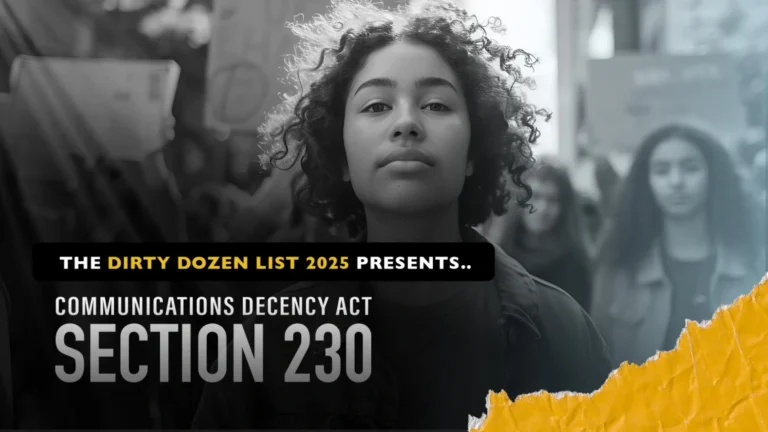Following Utah’s recent resolution declaring pornography a public health crisis, Utah legislators are seeking to protect children from exposure to pornography on the Internet at public libraries.
Childhood exposure to pornography can have devastating effects, and public libraries must do their part to prevent it. Pornography decreases brain matter in areas related to decision making and motivation, shapes the sexual template of the viewer to accept violence against women, and is dangerous to children who are highly susceptible to developing compulsive behaviors and addictions.
Further, when patrons are viewing pornography in a library it turns a once safe community setting into a XXX space. This fosters child sexual abuse, sexual assault, exhibitionism, stalking, and lewd behavior, all of which have occurred in libraries in America after patrons watched pornography at libraries. It is therefore vital that libraries install filtering systems to safeguard children.
The main opponents to filters in libraries have warped agendas.
The Free Speech Coalition—a pornography industry lobbying association—makes the outdated claim that Internet filters are unable to distinguish between pornographic websites and educational sites about pregnancy and sex education. This is complete rubbish. Technology has come a long way since the early 1990s. Today’s filtering systems are highly accurate and allow for authentic educational sites to be accessed by all.
Further, the Utah Library Association has claimed that the filters suggested by Utah legislators would be redundant since filters are required for forms of federal and state library funding. However, among some library filtering systems currently in use, filtering mechanisms are easily bypassed. Additionally, the American Library Association (ALA) has systematically misinformed libraries that they would be ‘violating First Amendment rights’ to install said filtering, and so, many libraries refrain from using them. The ALA disseminates this misinformation despite the fact that the Supreme Court has upheld that Internet filters at public libraries do not violate First Amendment rights. For this reason the ALA has been placed on NCOSE’s annual Dirty Dozen List for the past four years.
Why are these groups so dead set on exposing children to pornography?
The porn industry is a big money business seeking consumers, but that doesn’t give them the right to harm the lives of children in their pursuit of profit. As for the ALA, their reckless policy position is an enigma; they steadfastly refuse to acknowledge that the First Amendment is not a license to provide unfettered access to illegal, obscene materials in public settings.
Parents, educators, and librarians can learn more about protecting their children and communities for the harms of pornography by visiting our Safe Schools Safe Libraries webpage.


